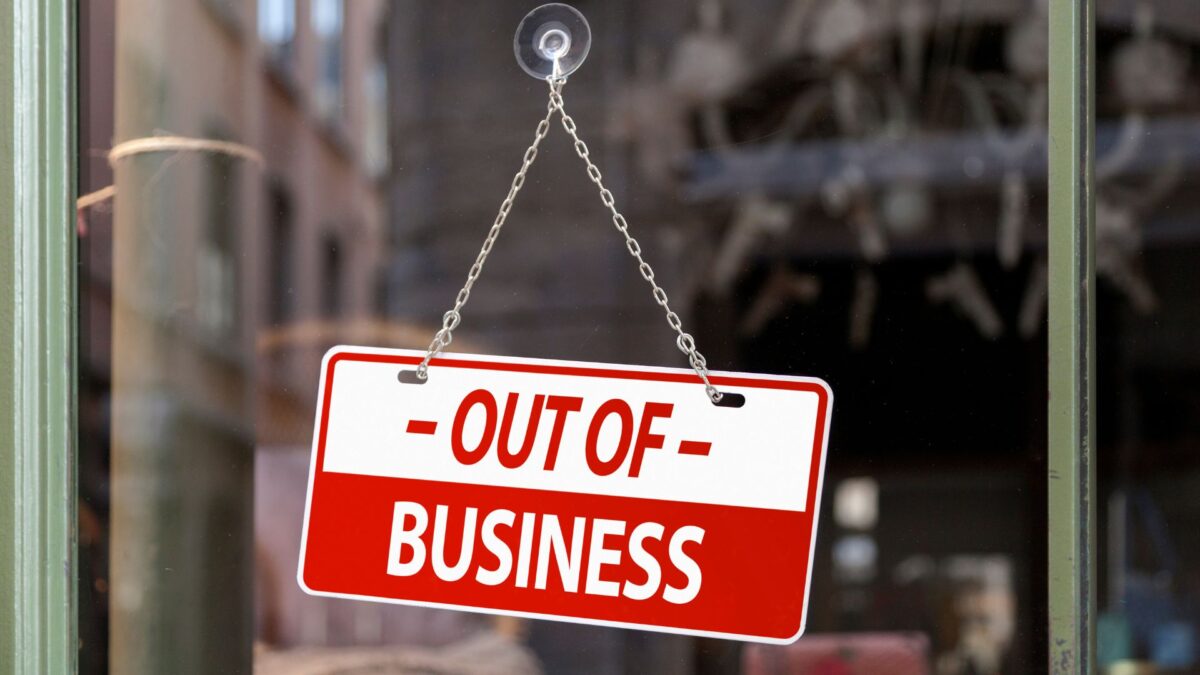In This Post:
- Inadequate Capitalization/Funding Sources
- Inadequate Market Research
- Narrow Marketing Focus
- Bad Hiring Decisions
- Poor Money Management Practices
Small businesses often encounter difficulty when trying to stay afloat and remain successful. While there are no guarantees that any business will stay in operation for the long haul, there are certain steps that can be taken to increase the likelihood of success.
Here is an overview of some common reasons why small businesses fail, along with advice on how these issues can be avoided.
Inadequate Capitalization/Funding Sources
One of the most common causes for a small business to fail is inadequate capitalization or funding sources.
Without sufficient financial resources to cover startup costs, rent payments and other expenses, it’s difficult for a business to get off the ground.
To prevent this issue, entrepreneurs should carefully consider all options for raising funds and explore multiple sources of financing before launching their business.
Inadequate Market Research
Inadequate market research is another problem that can lead to failure. Without an understanding of consumer needs and preferences, it’s difficult for a business owner to create a product or service that appeals to potential customers.
In addition, if a business does not assess its competition in its sector or region, it might struggle to differentiate itself from similar companies offering similar services.
To make sure this doesn’t become an issue for them, entrepreneurs should spend time researching their target markets and customer preferences as well as analyzing their competition before entering into any agreements with suppliers or partners.
Narrow Marketing Focus
Having too narrow a focus when it comes to marketing efforts is also very detrimental for many small businesses.
Without enough market exposure, it’s difficult for customers to find out about a company’s products or services and purchase them accordingly.
To ensure adequate market presence, businesses should consider both traditional forms of advertising such as print media as well as digital strategies like social media campaigns in order to reach more consumers effectively.
Bad Hiring Decisions
Bad hiring decisions can also lead to difficulties down the line; hiring unqualified or inexperienced staff members can mean lower efficiency levels and missed deadlines or opportunities which then leads to decreased profits or increased losses.
The best way around this is by being thorough when selecting new team members; doing research on their skill sets or portfolios prior to making any decisions will greatly help ensure quality hires who align perfectly with organizational goals and objectives in the long run.
Poor Money Management Practices
Finally, poor money management practices commonly contribute towards failure among small businesses; running out of funds prematurely due either mismanaging existing finances or overestimating profits can be detrimental for any company’s growth prospects .
To avoid this kind of situation from happening entrepreneurs should take care when setting up financial systems and budgets so they know exactly how much money they have available at any given moment as well as tracking expenses closely on a daily basis so they don’t end up incurring losses unexpectedly due bad decision-making down the line .
Overall, while there are many factors that contribute towards causing small businesses fails , taking actionable steps like investing in proper capitalization , conducting thorough market research, having strategic marketing plans, making solid hiring decisions and maintaining sound money management practices will help drastically improve chances of success over time

